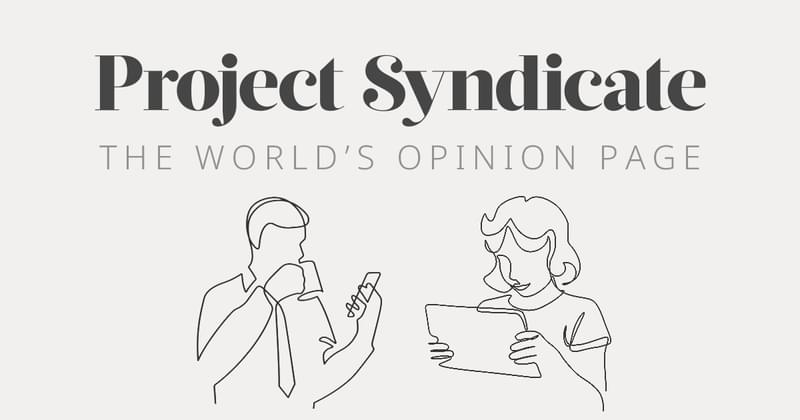The changing geopolitical landscape
European University Institute Climate Week 2025, Palazzo Buontalenti, Florence
The task of realising the goals of the Paris Agreement and the EU Green Deal looks very different today compared to not more than a couple of years ago. The political environment is rapidly changing and the EUI Climate Week aims to deepen the understanding of this new reality through an exchange of views between high-level policy makers from the public and private sector as well as from civil society and academia.
Some major geopolitical shifts are becoming clearer. First there is the brutal reality of two ongoing wars on Europe’s doorstep, namely in Ukraine and the Middle East. These conflicts have a major impact on markets for energy and raw materials. Second, there are major changes in US policy. While things are still unfolding it is becoming clear that we may experience the end of the multilateral regime that emerged after World War 2. For the third time since 1990, the US has withdrawn from the multilateral climate regime. Third is the rising position of China which has become the world’s biggest polluter but has also become a leader in clean technology. The dominant position of China in many industries leads to questions related to governmental interference and to maintaining the free trade tradition of the last decades.
The wide political consensus on climate policy is weakening and instead one can observe an increasing polarization globally. As progress in emissions reductions advances, the low hanging fruit has been reaped, and compliance costs are increasing. This leads to a call for a fair distribution of the short-term costs that climate policy entails. On the other hand, there are convincing signs that business has started the low-carbon transition. Yet hesitations remain. Questions emerge related to the regulatory complexities of many policies, and generally there is a call for more flexibility in delivering the climate goals. Stable and simple market conditions are required to make a solid business case for those wanting to invest in the low-carbon transition, thereby strengthening their overall competitive strength.
Programme
11:00-11:30
Opening of the EUI Climate Week
Martti Ahtisaari Peace Hall
Video address by Ambroise Fayolle, Vice President, EIB
George Papaconstantinou, Acting Director, Florence School of Transnational Governance, EUI
Jos Delbeke, EIB Climate Chair, Florence School of Transnational Governance, EUI
11:30-13:00
The changing geopolitical landscape
Martti Ahtisaari Peace Hall | Session under Chatham House Rule
The recent geopolitical developments shed new light on the transatlantic and more generally, the EU’s relationship with OECD countries, the emerging economies, and the developing world. On top of that Brazil has an increasingly challenging task with new NDCs to be delivered by COP30. Europe is still heavily dependent on imports of energy and critical raw materials, and this has implications on its trade relationships on trade, but also on Europe’s international climate leadership and industrial decarbonisation strategies, notably considering the US-China rift. How should the EU review its general international strategy, and more specifically its EU climate diplomacy?
Chair: Jos Delbeke, EIB Climate Chair, Florence School of Transnational Governance, EUI
Speakers:
Gernot Wagner, Climate Economist, Columbia Business School
Zou Ji, President, Energy Foundation China
Theo Mitchell, Global Climate Director, CIFF
Maria Demertzis, Adjunct Professor, Florence School of Transnational Governance, EUI
Conclusion: Jan Cornillie, Research Associate, Florence School of Transnational Governance, EUI

